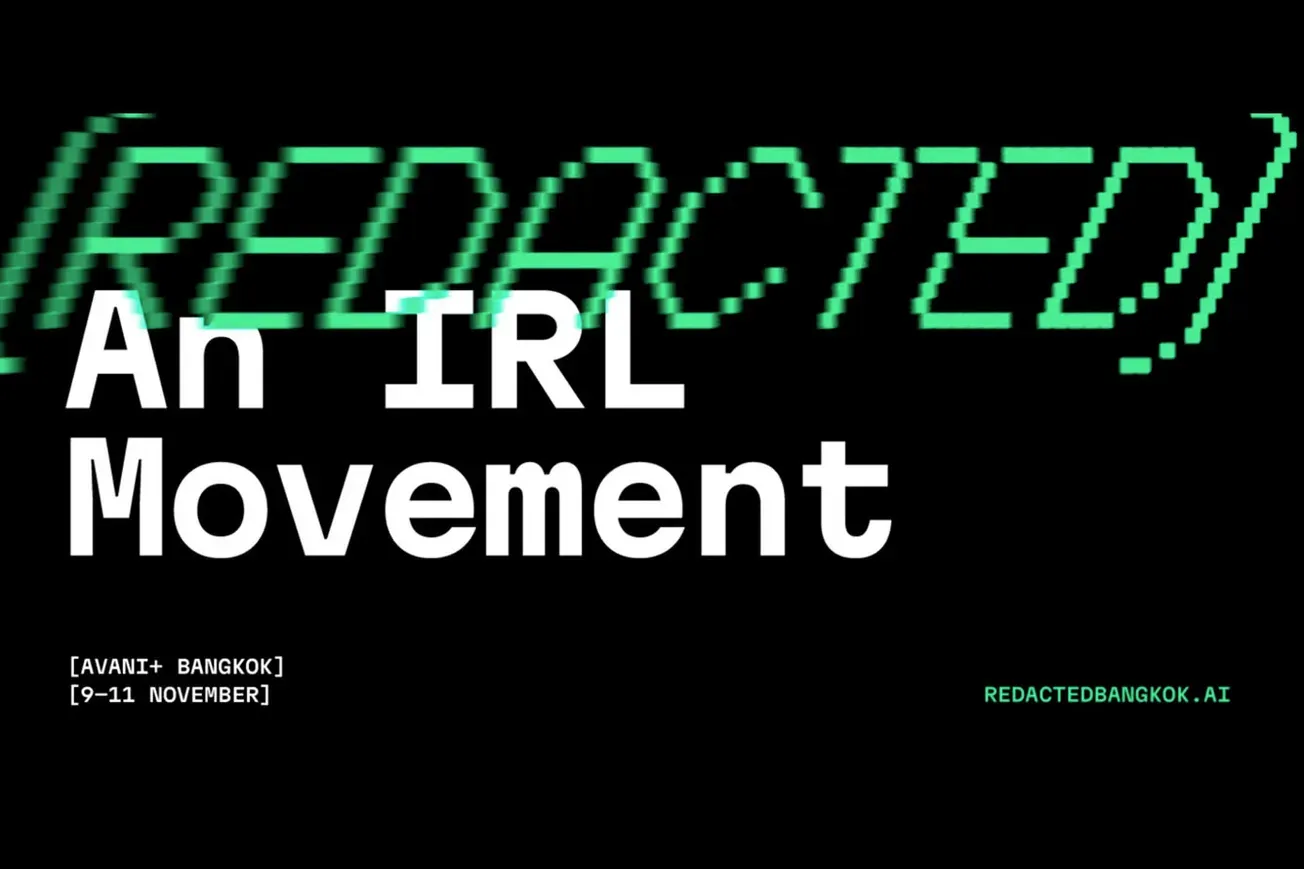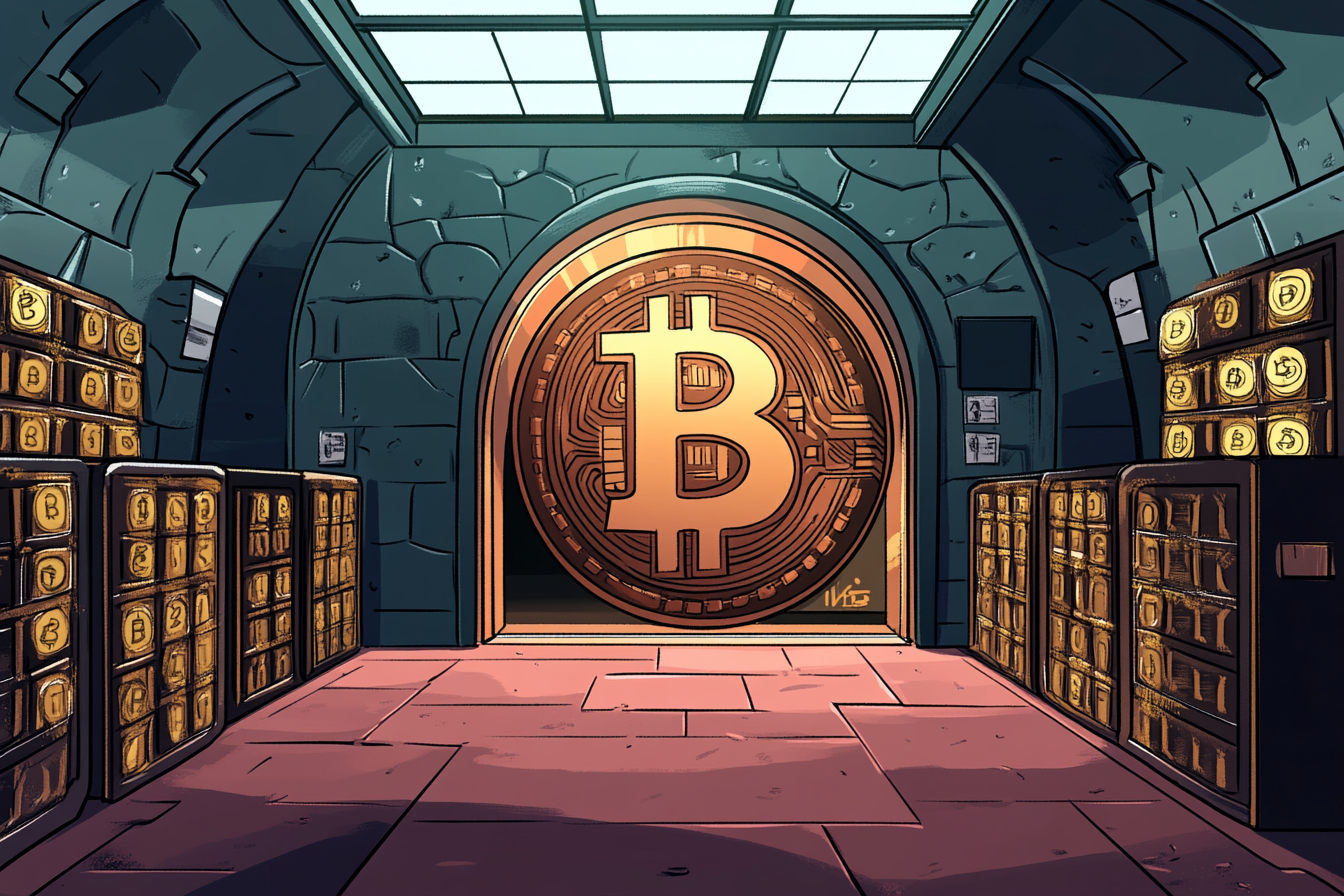Table of Contents
The World Bank's white paper on cryptos' role in foreign reserve portfolios argues "Not Today, and Likely Not in the Near Future."
The increasing market capitalisation, footprint, and structure of crypto-assets have prompted institutional investors, such as central banks, to investigate potential exposures to these assets and determine if it is fair to include them in their portfolios.
While crypto-assets might play a role in central banks' reserve portfolios in the future, the World Bank authors state that these instruments do not qualify at the moment in their current state.
Even though there has been some guidance from policy makers and standard-setting bodies, the regulatory landscape for crypto-assets is still unclear, and their value is very volatile, which makes them unreliable as a store of value.
Open, decentralised computer networks are the usual operating environment for crypto-assets.
An irreversible distributed ledger is the goal of many decentralised networks; this would allow users to hold funds with global reach and reasonably rapid settlement in a peer-to-peer way, thereby eliminating the need for intermediaries and the risk of third-party meddling.
To qualify as instruments for reserve portfolios, crypto-assets must undergo certain fundamental modifications.
What Is the World Bank's Take?
1) Decreased Volatility Needed: Crypto assets are not a good way for central banks to self-insure against shocks because their prices are highly volatile, with an annualised volatility of 70%. This is far greater than the volatility of equities and gold.
2) Stronger Custody & Safekeeping Solutions: The loss or theft of cryptographic private keys, which are essential to crypto assets like bearer instruments, might result in the irretrievable loss of monies.
Essential for storage, access & authentication are industry-grade solutions for managing and executing private keys that can resist fraud or cyber-attacks.
3) More Than Enough Decentralisation: Potential dangers exist in crypto-asset initiatives that are not adequately decentralised and hence subject to substantial control by a governing body or central party.
Large investors are hesitant to take on and manage substantial exposures to crypto-assets due to their limited liquidity and market capitalisation compared to more traditional currencies and asset classes.
However, derivatives markets have developed to control risks, and the liquidity of the biggest crypto-assets (such as Bitcoin and Ether) has greatly increased.
4) Investment Tools Are Readily Available: Government bonds and other extremely safe investments are the norm for central banks.
For the most part, crypto-assets don't perform anything useful on their own, like generate interest or dividends.
Despite the potential for "staking" to create revenue and the potential for DeFi apps to aid in the generation of returns on crypto assets, there are still many unknowns and dangers in this experimental environment.
5) Implementation of Banking & Commerce Protocols: If reserve managers want to protect themselves against trade and financial shocks, they must get exposure to crypto-assets, which means using them for (cross-border) investment and trade flows.
In such flows, cryptoasset adoption is quite low.
The concepts of "same activity, same risk, same regulation" and proportionality to risk should inform the regulation of crypto-assets.
At the present time, a great deal of cryptoasset activity is either not governed at all, has murky restrictions, or does not adhere to any applicable norms or laws.
Though policymakers have achieved some headway, there are still many important questions about the domestic and international regulation of crypto-assets, such as the authority, missions, and instruments of relevant institutions.
Elsewhere
Blockcast
On this week’s Blockcast, we speak with Luca Prosperi, co-founder and CEO at M^0 Labs, whose man-bun and genial personality belies battle scars from almost 2 decades of traditional banking, helping to build MakerDAO and, a health scare. Luca dissects the concept of money creation and some of the foundations behind M^0’s quest to build infrastructure for a crypto dollar.
Events
GeckoCon (Bangkok, 11 November 2024)

GeckoCon returns, and this year we're diving into the revolutionary world of Web3 Gaming! Discover how the fusion of blockchain and traditional gaming is creating a whole new entertainment layer.Don't miss out—visit CoinGecko now to secure your spot in our first ever Hybrid Conference set to take place in Bangkok, Thailand. Or from the comforts of your home!
Get your tickets now with Blockhead's 40% code: BHGC24
[Limited to 30 redemptions, expires 31 October 2024]
[Redacted] (Bangkok, 9-11 November 2024)

The [REDACTED] conference is bringing together the brightest minds in technology for a transformative three-day event from November 9-11, 2024, at the Avani Riverside hotel. This gathering will take place just ahead of Devcon and promises to be a pivotal moment for the convergence of artificial intelligence and Web3.
Interested readers can apply for free tickets here, and sign up for the hackathon here.
It's All Happening on LinkedIn
Did you know you can now receive Blockhead's juicy daily newsletters directly to your LinkedIn? Subscribe to our LinkedIn newsletters for the latest news and insights in the world of Web3!
There also might be the occasional discount code for the industry's hottest events, exclusively for subscribers. So be sure to sign up!

















